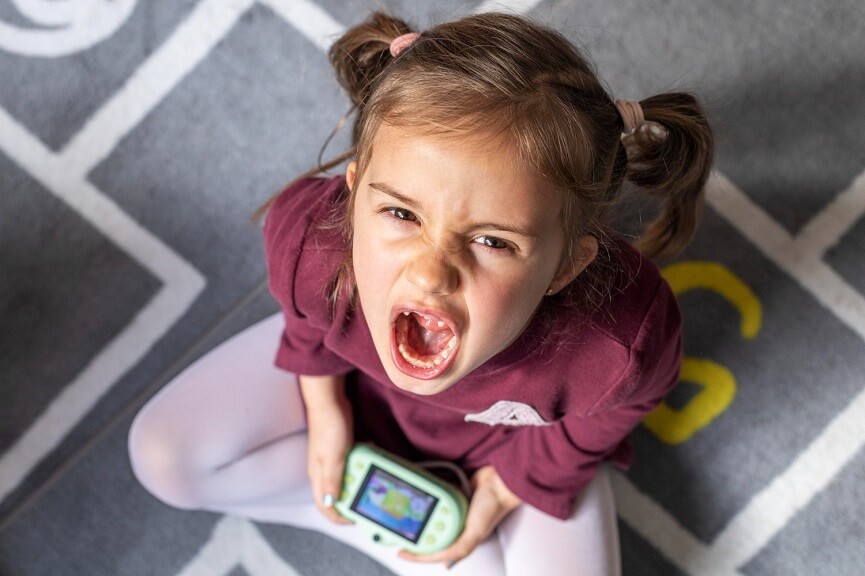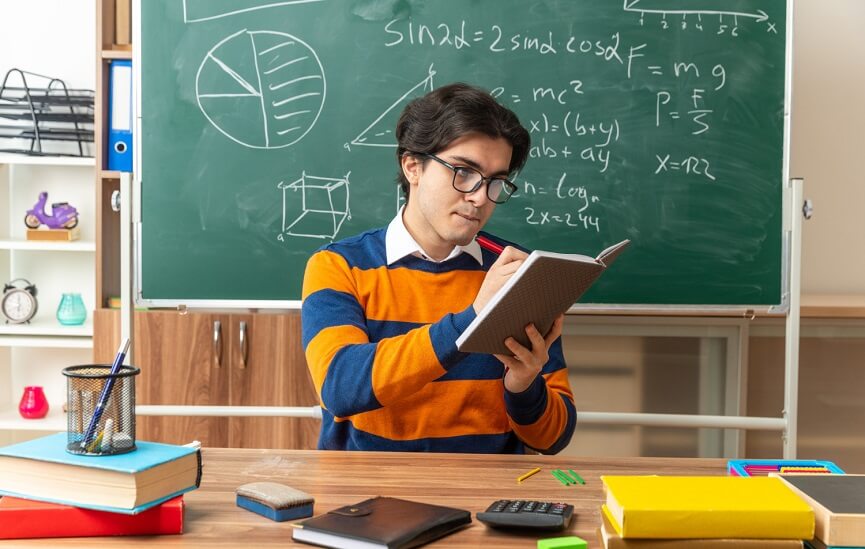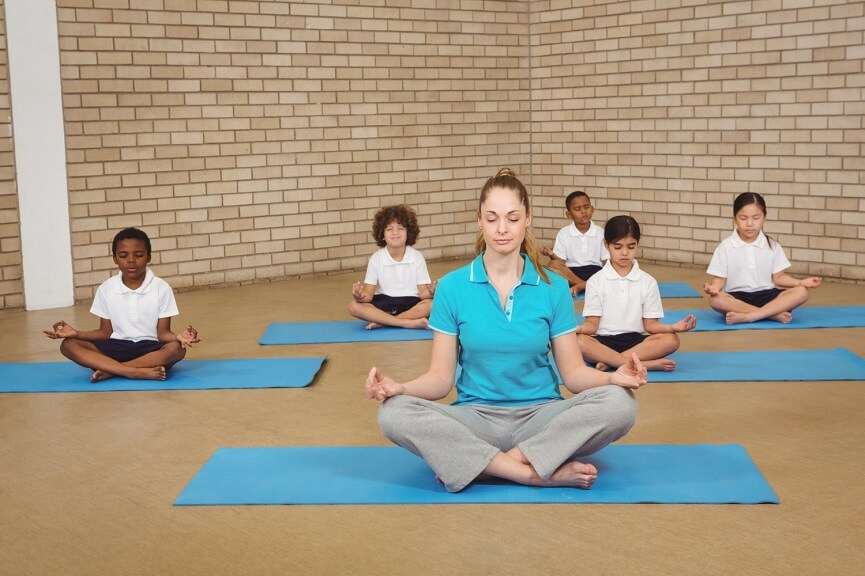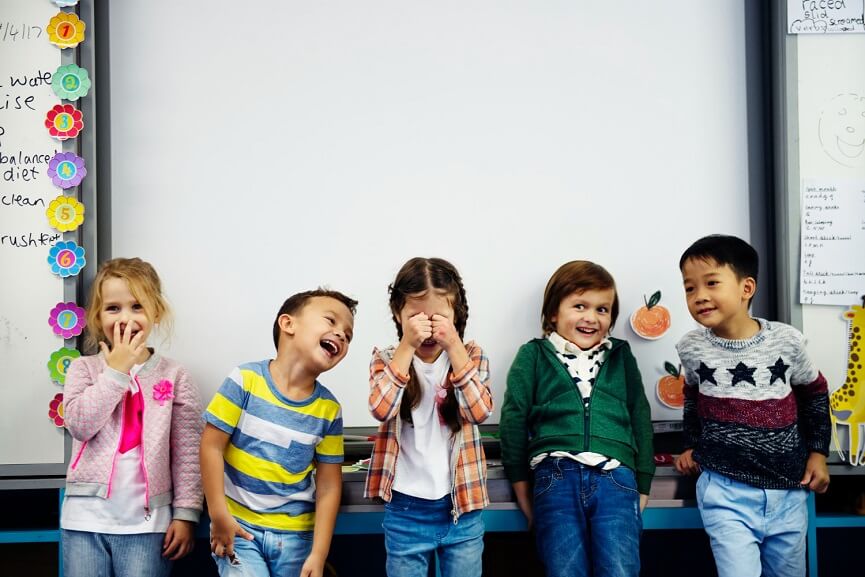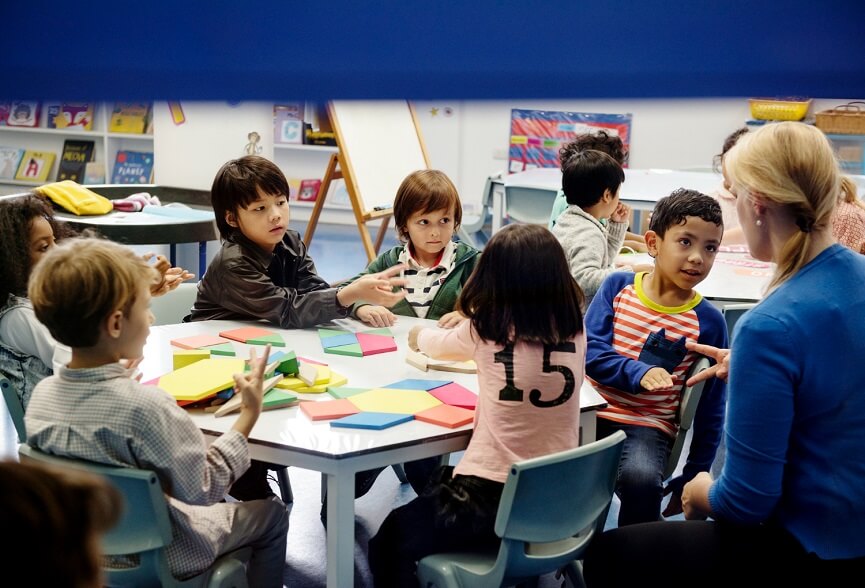Explore the Layers of Educational Psychology: Concepts, Importance, and More
By Billabong February 2, 2024
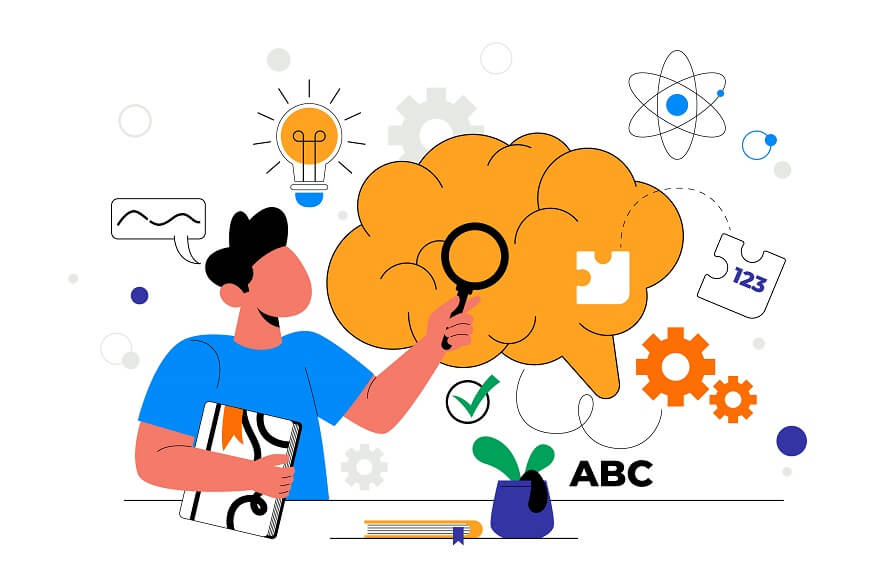
Educational psychology is a branch of psychology that studies how people learn and how to teach them better. Educational psychologists look at all the factors that influence learning, like how you think and feel and how you interact with others. They use this information to come up with effective teaching methods and strategies for people of all ages.
Advanced educational psychology can help teachers create the best learning experiences for students. It is important as it helps teachers and parents understand why some students learn better than others. In this blog, let’s learn more about educational psychology concepts.
The Core Principles of Educational Psychology
In advanced educational psychology, there are some key principles that help understand how people learn and grow. These principles help educators create better ways to teach and support learners.
- One important idea is cognitive development. This means that as you grow, you learn different things at different stages.
- Social interaction is also a big part of learning. It means that you learn a lot from other people around you.
- Another important idea is behaviourism. This is about how you learn through rewards and punishments. It helps teachers understand how to manage classrooms and encourage good behaviour.
- It’s also important to think about social and emotional learning. This means that you need to develop skills like empathy and self-awareness. It helps build better relationships with others and make good decisions.
- Constructivism is another idea that’s important for teaching. This implies that you learn by exploring and asking questions. It encourages active learning and helps you build your own understanding of the world.
- Finally, you need to think about what motivates you as a learner. Different things motivate different people, so it’s important to understand what drives students to learn.
Importance of Educational Psychology for Students
Educational psychology is a vital field that plays a significant role in shaping students’ learning experiences and outcomes. It helps teachers understand how students learn and what motivates them. This understanding enables educators to tailor their teaching methods to meet the unique needs of each student, which creates a more inclusive and effective learning environment.
- Educational psychology focuses on how students feel and behave in school. It helps teachers create a positive and supportive classroom environment that helps students feel good about themselves and their learning.
- Educational psychology also teaches teachers how to make learning easier and more effective. They learn techniques like repetition, recall, and using memory tricks to help students remember what they’ve learned.
- Educational psychology helps teachers handle difficult situations in the classroom, like when students misbehave or are struggling to learn. It teaches the methods of identifying problems and working with students to find solutions.
- Advanced educational psychology is also important for students with special needs, like those who have difficulty learning or need extra help. It helps teachers identify these students and provide the support they need to succeed in school.
- Educational psychology is all about helping students love learning. It encourages teachers to create interesting and challenging lessons that make students excited about learning and wanting to learn more.
Learning Activity for Educational Psychology
One way to make learning fun and engaging is by using interactive activities. In this case, we’ll focus on activities that help people better understand educational psychology. Here are some learning activities for educational psychology that teachers can use in their classroom to help explain psychological concepts:
- Role-playing: Acting out different situations can help people understand how psychological ideas work in real life. For example, students can pretend to be a teacher and a student to explore how motivation or behavior management works.
- Group discussions: Talking in groups about topics related to psychology can help people think critically and express their opinions. For example, students can debate the impact of technology on learning or the ethics of psychological experiments in education.
- Case studies: Teachers can present stories that show how psychology works in real-life situations. Students can then analyze these stories and come up with solutions.
- Classroom experiments: Simple experiments can help people understand how our minds work. For example, students can do memory tests or observational tasks to learn about research methods in psychology.
- Reflective journals: Students can write about their thoughts and feelings on different psychological concepts. This helps them become more self-aware and reflective.
- Educational games: Students can design games that use psychological principles, like memory-enhancing strategies or reward systems that influence behavior. This helps reinforce their understanding and fosters creativity and teamwork.
- Mind maps: Creating visual representations of psychological theories or concepts helps people understand complex ideas.
- Real-life problem solving: Assigning projects where students apply psychological concepts to real-world problems, like designing an inclusive curriculum or developing strategies to reduce school anxiety. This helps people see the practical applications of psychology.
Advanced educational psychology is an essential tool in shaping the future of education. By integrating psychological insights into teaching, you can unlock the full potential of every learner. At Billabong High International School, we are committed to leveraging these insights to provide our students with a transformative educational experience. Join us in our journey to redefine learning and foster the leaders of tomorrow.
Latest Blogs
- Understanding the Science behind the Day and Night Cycle
- Toddler Tantrums: Understanding and Tackling Toddler Outbursts
- Tips to attempt ICSE Class 10 Board Exam – Maths
- The Role of Yoga in Creating a Balanced Student Life
- School Life: A Journey of Growth, Learning, and Transformation


